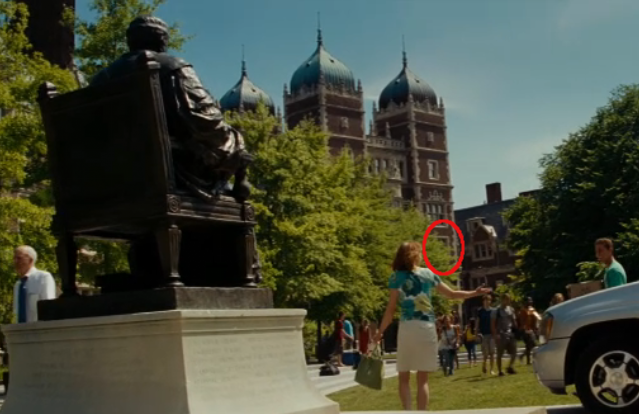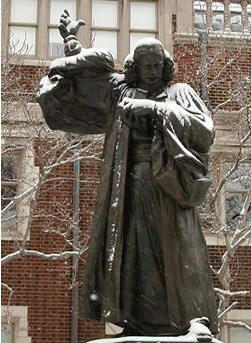And then she takes that club and …
Hannah Poturalski, "Basketball legend visits Kenton", Lima News, 6/19/2009:
Thursday evening nearly 70 members of the Ohio State Alumni Club of Hardin County, as well as community members, saw an animated presentation by [Jerry] Lucas on the new way he plans on revolutionizing learning.
Lucas, now 69, said he's been involved in memory training his entire life. As a boy he invented mind games to keep himself entertained.
Through conditioning his mind with new ways to learn and memorize things, Lucas has established the Lucas Learning System. The system focuses on linking visuals with things that don't have an identity, such as pronouns and Arkansas.
To remember a pronoun, Lucas created an image of a Catholic nun with a golf club. She was a professional golf player, hence pro-nun. Lucas ingrains that image in the mind, so every time you hear pronoun, you see the visual.
Read the rest of this entry »


 Usarufa is a
Usarufa is a 
 In writing a few days ago about "
In writing a few days ago about "